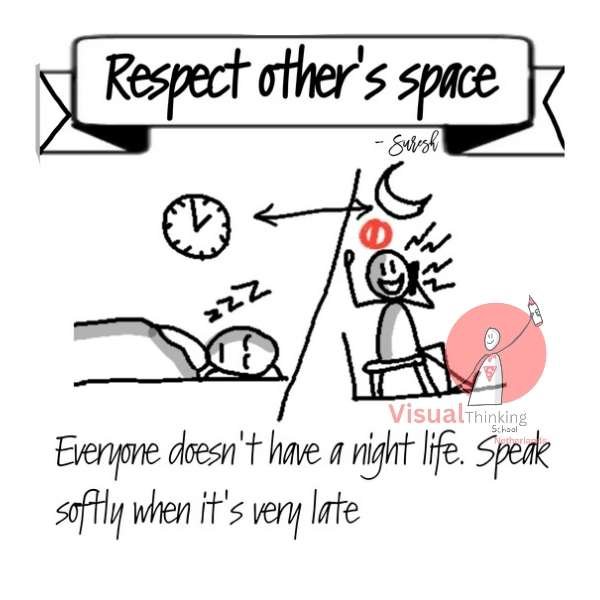

Living in shared spaces can be both rewarding and challenging. Whether it’s a college dorm, a shared apartment, or even a family home, understanding and respecting each other’s space is crucial for maintaining harmony. One essential aspect of this is recognizing the importance of quiet, especially during late hours. This blog will explore why it’s important to be considerate of others’ need for quiet, the impact of noise on sleep and well-being, and practical tips for maintaining a peaceful environment.
Understanding Different Schedules
Not everyone operates on the same schedule. While some people are night owls who thrive during the late hours, others may have early morning commitments requiring them to get to bed early. This difference in lifestyle means that loud noises late at night can significantly impact those who need their rest. Recognizing and respecting these differences is the first step towards fostering a considerate living environment.
The Impact of Noise on Sleep
Sleep is vital for our physical and mental health. According to numerous studies, noise can significantly disrupt sleep patterns, leading to poor quality sleep and various health issues such as increased stress, impaired cognitive function, and even cardiovascular problems. When we make an effort to be quiet, especially late at night, we help create an environment conducive to restful sleep for everyone.
Be Mindful of Volume
Whether it’s talking, watching TV, or playing music, always be mindful of the volume, especially after a certain hour. Investing in headphones can be a great way to enjoy your media without disturbing others.
Use Soft Closing Mechanisms
Many modern doors and cabinets have soft-closing mechanisms. If yours don’t, make a conscious effort to close them gently. Slamming doors or cabinets can be jarring, especially when someone is trying to sleep.
Limit Loud Activities
Certain activities, such as vacuuming or rearranging furniture, can be quite loud. Try to schedule these activities during the day when it’s less likely to disturb others. If you need to do something noisy late at night, consider whether it can wait until the next day.
Set Ground Rules
Having a discussion about everyone’s schedules and preferences can be very helpful. Establishing ground rules about quiet hours can ensure everyone is on the same page and can help prevent conflicts.
Be Open to Feedback
Encourage open communication. If someone mentions that they’ve been disturbed by noise, be receptive to their feedback and adjust your behavior accordingly. Similarly, if you’re the one being disturbed, bring it up calmly and constructively.

Respecting each other’s space, particularly by maintaining a quiet environment during late hours, is a key aspect of harmonious shared living. By being mindful of noise and communicating openly with housemates, we can create a peaceful environment that respects everyone’s needs. Remember, everyone doesn’t have a nightlife, so let’s speak softly when it’s very late.
We conduct online and in-person certification trainings on our Trade Marked Training on Business Sketchnotes ™.
We have an open challenge in our trainings : If you can not draw after our 9 hours of trainings, we will close our trainings FOR EVER !! ..and we are still waiting for that one person even after training more than 38000 professionals.
You can also join our whatsapp community to learn from those who have attended our trainings

We trained more than 38000 professional and gave corporate trainings in more than 65+ top notch companies

Check Our Trainings